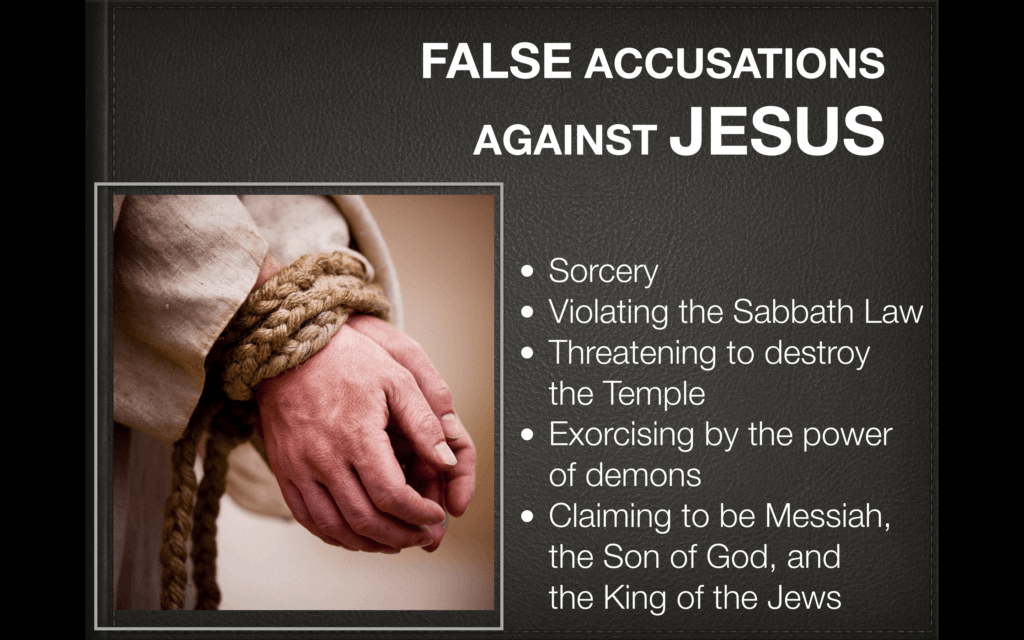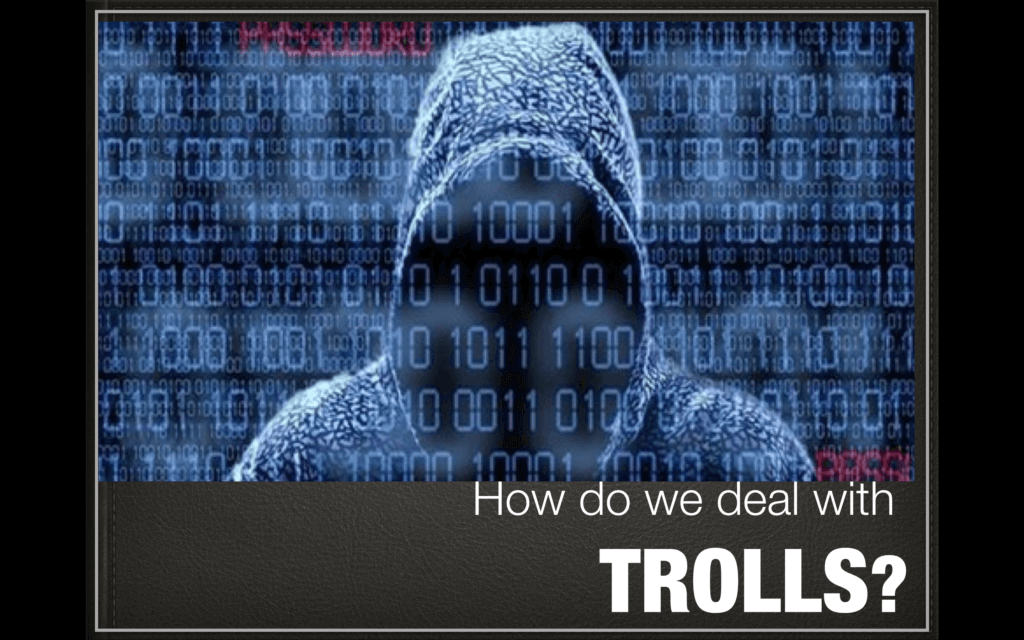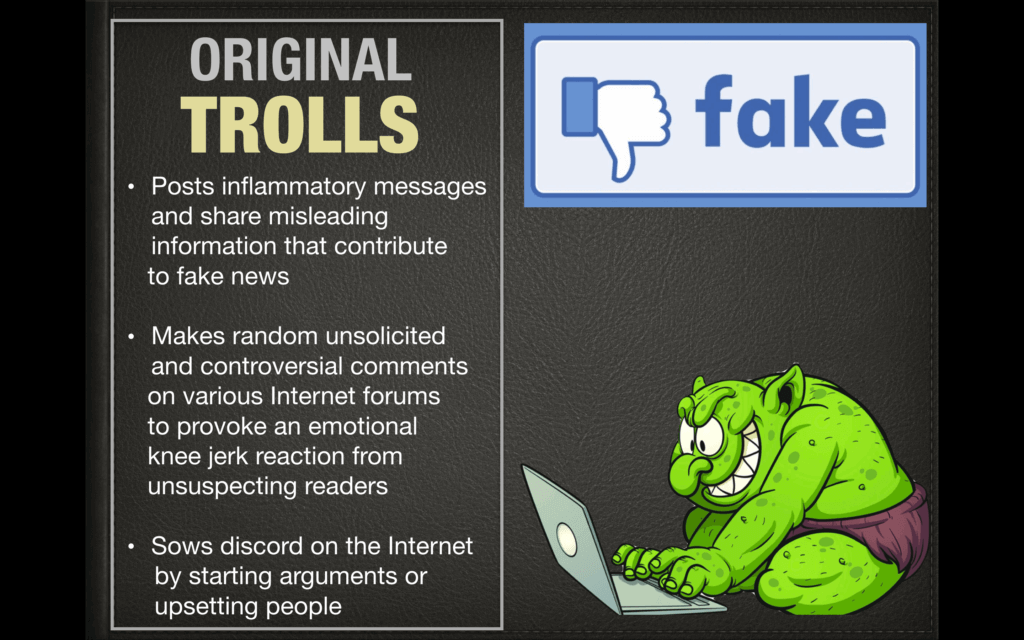If we examine the list of accusations that His enemies levelled against Jesus, we can’t help but suspect that the leaders of His people at the time might have well been the original trolls.

After all, the Internet trolls of today have no qualms about provoking unsuspecting readers by posting all sorts of inflammatory messages and sharing Fake News. We know what that’s like. Chances are, we’ve been trolled–or perhaps we’ve trolled others!

If we’re not careful, trolls can bring out the worst in us. We can all learn from Jesus’ responses to His accusers: When He realized that they were not interested in the truth and that their minds were closed to it, He gave them silence.
But the other question to ask is: Do we ourselves act like trolls–whether online or in “real life”?

We don’t have to be professional trolls to act like trolls. “Ordinary people” just like ourselves, simple folks who use social media sometimes discover that we too have the tendency to react emotionally to posts that we don’t agree with, or just to share news that we have not verified to be true.
We all have our own private trolls within.
The Internet has a way of de-sensitizing us to the impact of our words and actions online. The false accusation and the rage heaped upon our Lord after His arrest should prod us to examine our own online treatment of others.
Do I, in spite of myself, end up behaving like a troll, whether online or offline?
Do I sometimes end up sowing discord among others, upsetting them, or even wittingly or unwittingly misleading them with inaccurate information?
Is there a concrete resolution that I can follow starting Easter Sunday so that you can act less like a troll and more like a discerning netizen?
Think about it. When we allow our inner troll to decide for us, what we do online–and in our face-to-face encounters–can hurt others, mislead them, and reject them.